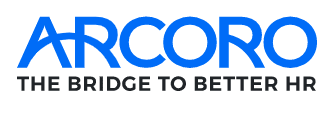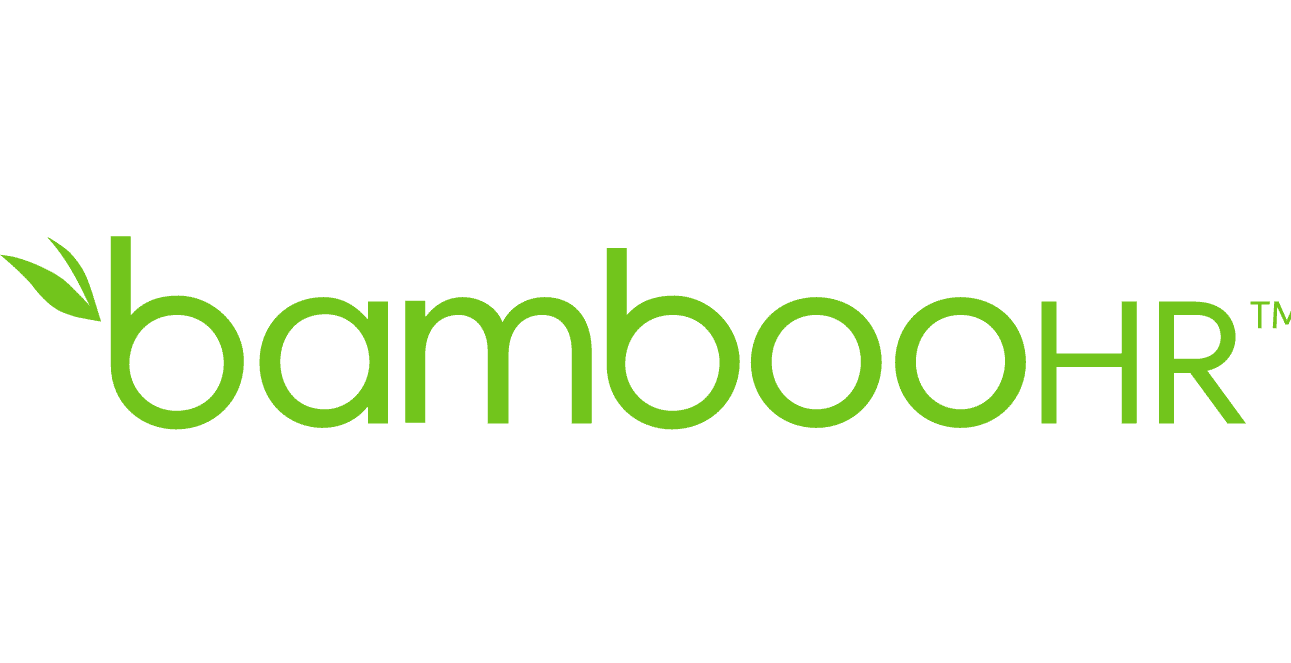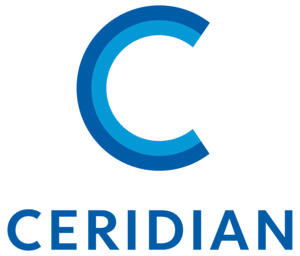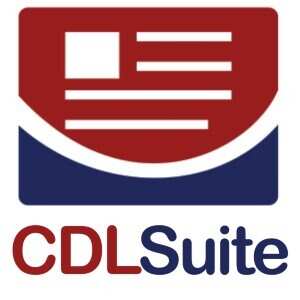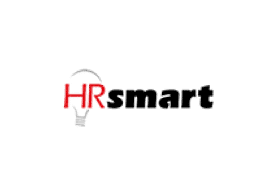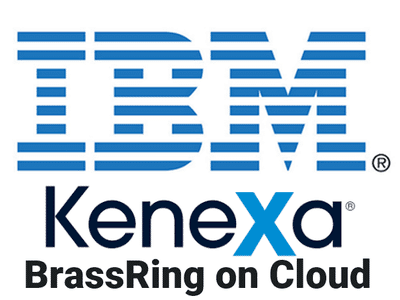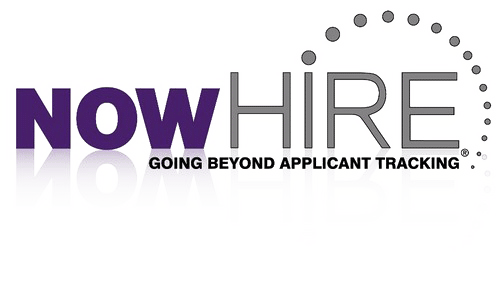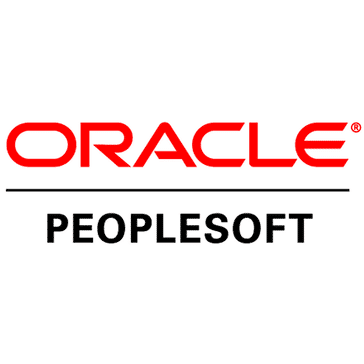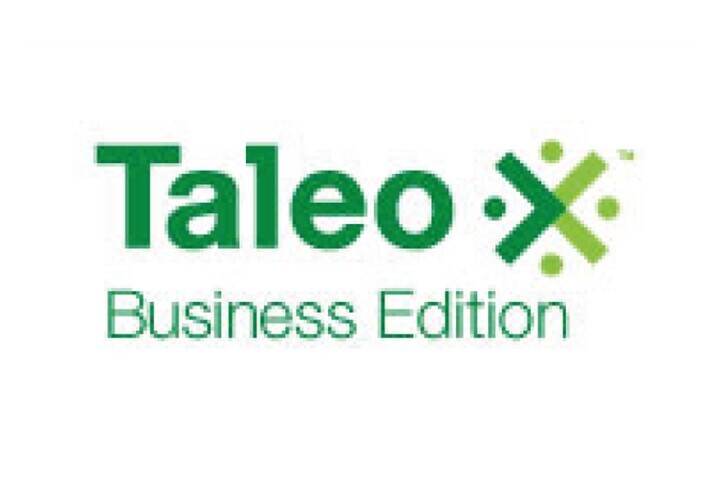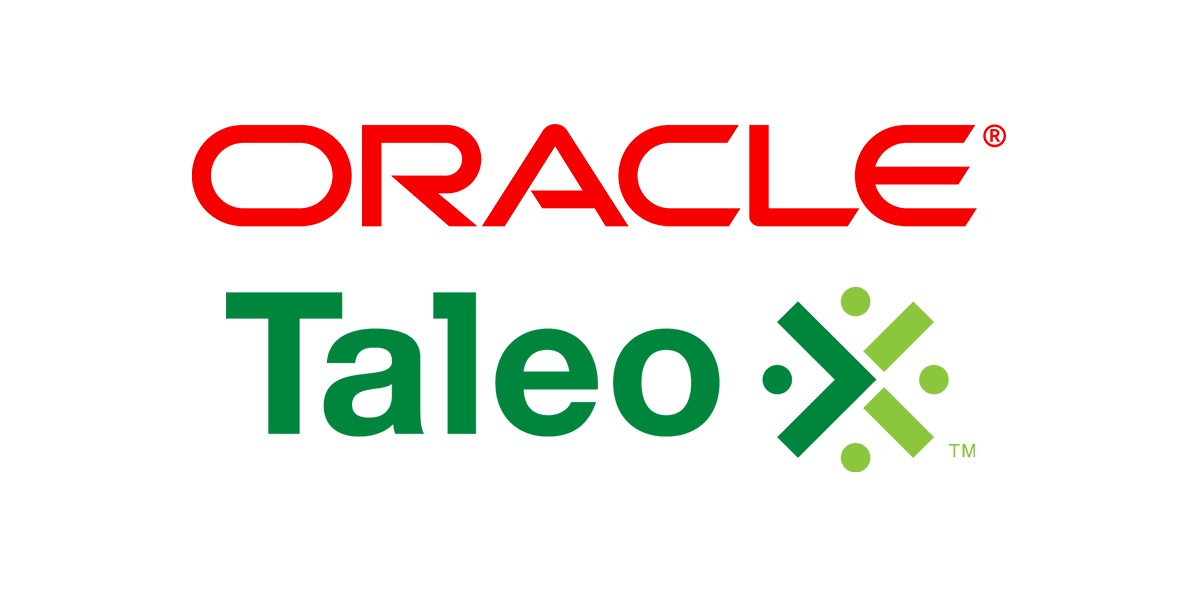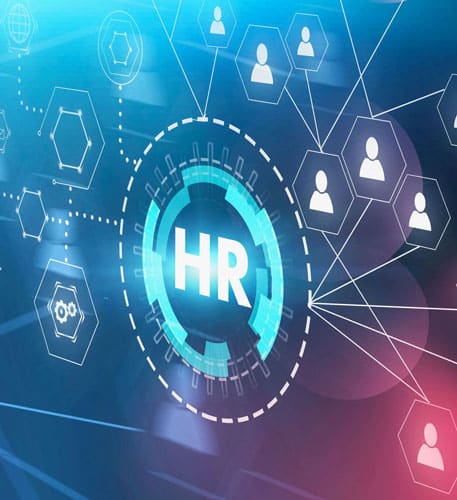TRUST & SAFETY
Why MVR Checks To Obtain Driving Records Are Critical
Reviewing your candidate’s driving records and public safety data is crucial for positions where employees, volunteers, or contractors will be responsible for operating motor vehicles for business purposes. Conducting an MVR check provides valuable insight into the candidate’s ability to ensure safety while driving.
Driving record checks help you:
- Hire qualified candidates with safe driving records
- Maintain safety protocols and minimize risk
- Safeguard company assets, employees, and customers
- Maintain your organization’s reputation and trust within the community
- Protect your organization against liability claims and higher insurance premiums
At ACI Background Checks, we understand the significance of thorough MVR checks in assessing the suitability of candidates as safe and reliable drivers for your organization’s needs. Trust us to gather the vital information you need to make informed hiring decisions.

DELIVERING RELIABLE RESULTS
What Do Motor Vehicle Report (MVR Checks) & Driving Records Checks Show

ACI Background Checks offers Motor Vehicle Report (MVR) and Driving Records Checks that provide valuable information about a candidate’s driving history. Our MVR report searches the state’s department of motor vehicles to verify the validity of a driver’s license and identify any driving-related violations. These records typically cover the past three years, although some states may go back even further. It’s important to note that MVR checks are conducted based on the state where the license was issued and do not include records from other states.
To conduct a Driving Records Check, we require the candidate’s full name as it appears on the license, the state where the license is held, and the driver’s license number.
This comprehensive check includes details such as the driver’s license status (valid, suspended, expired, etc.), class of license (commercial, operator, etc.), as well as felony and misdemeanor convictions like DUI or DWI, and any moving violations, suspensions, or restrictions.
Trust ACI Background Checks to provide accurate and useful information to make informed hiring decisions.
Get insight into a candidate’s driving history, including license status, DUIs, and moving violations with motor vehicle records.
COMPLIANCE
What You Need To Know When Running Driving Record Checks
To comply with the various laws and regulations governing employment screening, it is essential to be well-informed. Specifically, when it comes to criminal records such as felony convictions for DUI, ban-the-box compliance, targeted screens, and individualized assessments are pertinent. ACI Background Checks ensures that employers are equipped with the necessary knowledge and tools to navigate these critical responsibilities and legal requirements.
Federal Fair Credit Reporting Act (FCRA)
Ban The Box & Fair Hiring Laws
Equal Employment Opportunity Commission (EEOC) & Title VII
Your Organization’s Hiring Policy
Employment Background Checks Integrations
Our platform is already integrated with the top data providers, drug screening, and human resource management systems in the industry.
Applicant Tracking Systems
Many employers are using applicant tracking systems to manage background checks and will only use CRAs who are integrated with their ATS. We are likely integrated with the system you use today.
Drug Screening
Seamlessly integrate drug screening providers into background screening and applicant tracking activities. We are already integrated with the top national providers, including LabCorp™ and Quest Diagnostics™.
Applicant Tracking Systems Integrations
Drug Testing Integrations

What Our Customers Are Saying
Discover Simpler Background Checks with Trusted Results
Building a great team starts with ACI Background Checks, your trusted partner for the easiest end-to-end pre-employment background check workflow in the industry.
- Automated Workflows
Our automated workflows guide you seamlessly through a paperless process. - Simple To Understand
Easy-to-review results and clear record details, hiring becomes faster and simpler. - Worry-Free Results
Rest assured with worry-free results, as our advanced data engineering and industry-leading sources deliver reliable information.

Frequently Asked Questions
Learn More About Driving Record Checks
Employers often use driving record checks as part of pre-employment background checks. Driving record checks reveal basic information about a driver’s qualifications and driving history. Conducting a driving record check can help an employer determine a candidate’s eligibility to drive, mitigate risk, and may even be required by law for certain types of positions, such as commercial drivers.
What is a driving record check (MVR)?
In some cases, a motor vehicle record check might be required by law. For example, employers that have vehicles that cross state lines, transport hazardous materials, operate commercial vehicles, or carry passengers may be subject to special regulations. And while a driving record check is often conducted as part of pre-employment background screenings, in some cases employers may be required to run MVR checks at regular intervals after hiring for compliance purposes.
What shows up on an MVR check?
MVR checks for employers show a range of information about an individual’s driving history, which may include the following items:
- License Status: Driving records reveal if an individual’s driver’s license is valid, suspended, or revoked. If the driver does not have driving privileges, the report will typically include an explanation.
- License Class: MVRs show the type of license a driver may have, such as non-commercial or commercial. It may also include restrictions or special endorsements. If the candidate has a commercial driver’s license, the type of class will also be shown.
- Traffic Violations: Driving records reflect a range of moving violations, from speeding to failure to yield the right of way. However, the types of entries on the report may vary depending on differences in state traffic laws.
- Accident Reports: MVRs will generally show if an individual was involved in an accident along with a description of whether the incident involved property damage, personal injury, or death. These may also be called crash reports.
- Vehicular crimes: MVR record checks may list misdemeanor and felony offenses involving the use of a motor vehicle, including vehicular manslaughter as well as DUIs from driving under the influence of alcohol or drugs. In some states, certain vehicle-related incidents, such as DUIs, are not always reflected on criminal background checks, making MVR checks useful as part of a comprehensive background check.
Many, but not all, states share driving infraction data. MVR reports may reflect incidents that occurred when the driver was licensed in a different state, prior to the issuance of their current license. It may also be possible in some cases to request an MVR from the state(s) where the driver was licensed prior to receiving their current license. If the candidate has lived in different states or recently moved, employers may consider conducting multiple MVRs for a more comprehensive driving history.
In addition, while many states list motor vehicle record check findings using a coding system established by the American Association of Motor Vehicle Administrators (AAMVA), some states present findings using their own coding systems.
How far back does an MVR report go?
In some states, there may be different types of MVRs that each have their own look-back periods. For example, Texas has six types of driving records, including a complete record that goes back indefinitely. However, access to certain records is limited. Florida offers three types of MVRs, including a complete driving report that goes back 11 years. In California, vehicle-related convictions can go back up to 10 years, depending on the offense.
Codes for cumulative offenses can enable MVR report findings to capture traffic incidents older than their states’ record-keeping limits. For instance, in a state that reports three years of driving history, an MVR entry indicating “Three serious violations within three years” could reflect offenses as old as six years.
How to order MVR checks for employers
Employers have several options to obtain MVR checks. However, regardless of how you order pre-employment driving record checks, it’s important to comply with all applicable regulations.
- Using an FCRA-compliant background check provider: Using a third-party background check provider, like ACI Background Checks, to conduct driving record checks can speed turnaround times and make reviewing results more efficient by presenting MVRs from all states in a standardized format. Additionally, paying one vendor instead of multiple DMVs can simplify billing, plus screening companies typically offer volume discounts.
- Requesting the candidate to provide the MVR: Depending on the role, employers can ask the candidate to provide an MVR with their job application. However, this can take longer than working with a consumer reporting agency (CRA) as obtaining certified copies sent by mail could take a week or more to process. If records are sent electronically, there is also the potential that a candidate could alter or falsify information.
- Ordering MVRs directly from the DMV: Most states allow third parties, such as employers, to order MVRs directly from state motor vehicle departments. While this can help eliminate the possibility of document manipulation by a candidate, it can put added demands on HR staff. Also, MVR checks for employers that require checks in multiple states can bring issues such as the need to pay for checks in multiple states, potential for error completing different forms, and confusion due to different report formats and coding systems.
It’s important to note that employers who partner with a CRA must comply with the federal Fair Credit Reporting Act (FCRA), which is designed to protect the candidate by requiring employers to disclose their intent to conduct the screening, obtain written consent from the candidate, and follow the adverse action process should an employer decide not to hire an applicant based on information that surfaced during a background check.





